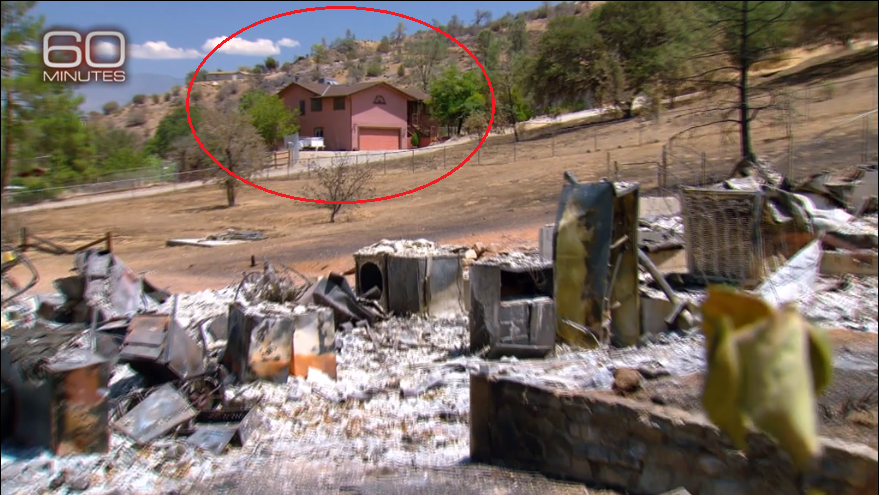DrawDown #9: Clean Recycled Paper vs. 'Garbage Juice'
 The world's largest iceberg has shrunk to 58% its size from the year 2000 - which can mean one of two things: Climate change is underway or Microsoft corp. is saving cooling cost payments by operating a data center under the sea. Join us for meeting number nine of the DrawDown bookclub.
The world's largest iceberg has shrunk to 58% its size from the year 2000 - which can mean one of two things: Climate change is underway or Microsoft corp. is saving cooling cost payments by operating a data center under the sea. Join us for meeting number nine of the DrawDown bookclub.
Since it's such a low-stress week we're serving high-carb comfort food, recipe courtesy of thekitch.com (We could not find zucchini noodles for the recipe, but with regular noodles, the parsley-pistachio pesto sauce offers a refreshing twist on traditional pesto.)
I. Review
II. Recycled Paper, page 168
III. Next Readings
 Summer officially starts days from now on June 20th, but in California first responders are already at work dousing small fires. And, thanks to many preventative controlled burns, only twelve "major fires" are burning up and down the state right now, CalFIRE's map says. This is early - fire season hasn't really started yet, we've a hot summer ahead, and eight of those twelve major fires are "active" wildfires, only four are "contained" fires.
Summer officially starts days from now on June 20th, but in California first responders are already at work dousing small fires. And, thanks to many preventative controlled burns, only twelve "major fires" are burning up and down the state right now, CalFIRE's map says. This is early - fire season hasn't really started yet, we've a hot summer ahead, and eight of those twelve major fires are "active" wildfires, only four are "contained" fires.Writer Sara Vowell says in the Mountain West, "there are no longer four seasons, only two: winter and wildfire." Vowell quotes a scientists who says we, the people "need to develop a new fire culture."
Also from Montana is an interview with this fly-fisherman who, like many Americans from both parties, according to Pew researchers laments the dearth of climate change acknowledgement and even discussion in the last campaign. The fisherman voted for Trump, watches Fox, but seeks news from other outlets and was persuaded by a 60 Minutes segment covering ocean acidification (it was probably the seaweed farming segment.)
Where have those voices gone? Craig asks. He doesn't hear them on Fox News. "Nobody talked about conservation and the environment" during the last election, says this self-declared "frustrated Republican."Finally, speaking of ocean warming, that data center Microsoft submerged into the ocean apparently is being monitored closely by the company. It was dropped to a depth that's uniformly cold and will not warm with a heater contained therein, their theory posits. And the data center will use less energy transporting data to its nearest customers. This is a pilot project for the company.
I. Review - Composting & Nothing Clear About Plastic
Last week a tremendous wave appeared on social media creating momentum around the world to outlaw plastic. When this bookclub read the chapter on "BioPlastic" page 168 the issue grew more confusing.
Today plastic bags are starving whales who mistake them for food. In the nineteenth century, however, plastic was invented from plant feedstocks as an ivory replacement, to save elephants. Then the oil discovery and subsequent boom took over the world, and petroplastic bumped bioplastic out of the primary plastic type in use by humans today.
Hold up - what is evil about plastic - that it's made from fossil fuels? That it uses too many natural resources? That it doesn't compost, or that it's not recycled?
A big part of the problem with plastic today is unrelated to climate change: the problem with plastic is litter and pollution. People aren't throwing enough of it into the landfill-bound garbage or recycling outflow. Plastic - especially the lightweight plastic like plastic bags or plastic straws which, after drifting into the ocean, does not biodegrade, is hurting wildlife. And it looks trashy.
As we also mentioned last week, sorting trash needs to be simpler. A rule of thumb is: if you can clean it, recycle it. Clean paper, clean plastic clean glass and clean aluminum foil makes your trash smell better, attracting fewer flies. Throw soiled napkins or paper towels into the compost.
Russia is experiencing non-composted garbage decomposing to methane, the fumes are landing kids in emergency rooms and people are protesting. This article asks Will a garbage revolution threaten Putin?
And we learned this week from ProPublica that New York, if they're going to compost on a larger level, they'll have to persuade the 250 separate private garbage companies that collect trash across the city from bodegas, restaurants, and office buildings. "Those private carters remove more than half of the city’s total waste" ProPublica says in this rich article "Trashed: Inside the Deadly World of Private Garbage." This story was reported over a series of months, involved public records requests, contracts from Teamsters archives, and documents worker injuries down to the fifth severed finger in one union. One item of interest is in the 1990s, after authorities prosecuted the private garbage "carting" companies for collusion and bid-rigging, the result somehow broke up the unions making life harder for the employees. The article paints colorful pictures:
As the hopper filled with bags spurting garbage juice, Bilal pulled a lever on the right side to “run a cycle,” bringing the blade down to grab the bags. Then he pulled it again to “send it up,” packing the garbage into the truck’s body.That piece in ProPublica covers garbage from the worker's point of view. It's a 9,579 word piece and the best muck-rack reporting I've seen in years. Make that your great American summer read.
Let's move onto this week's chapter.
II. Paper Recycling, page 162
Paper was the first form of mass media all the way until transatlantic morris code, then radio, television and the internet competed as mediums. Paper recycling is doing quite well. Roughly 50 % of paper today is recycled. In Northern Europe that rate is higher and in South Korea, 90% of paper was recycled by 2009.
Bullet point time:
- Paper can be recycled five to seven times before it's too decomposed to recycle again.
- Recycled paper is used as office paper and newsprint
- 55% of paper today is produced from recycled feedstock;
- 45% of paper is produced from virgin feedstock (pine trees)
- We could increase the amount of paper produced from recycled feedstock
- Governments require it OR
- Customers demand products produced from recycled paper
Recycled feedstocks conserve water use and preserves carbon-sequestering trees.
III. Next Week's Reading
For next meeting let's read "Electric Vehicles" page 142. It's a long one it deserves its own week.
Thank you for coming!
--------------------
Further Reading:
Some "80% of Mexico's production of paper and cardboard comes from recycled materials" bnamericas.com

This work by AJ Fish is licensed under a Creative Commons Attribution-NonCommercial 4.0 International License.


